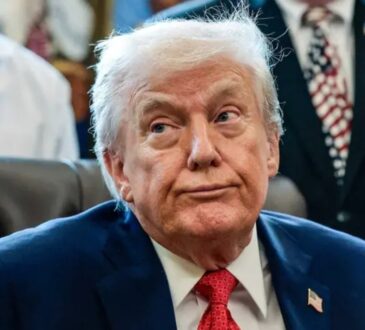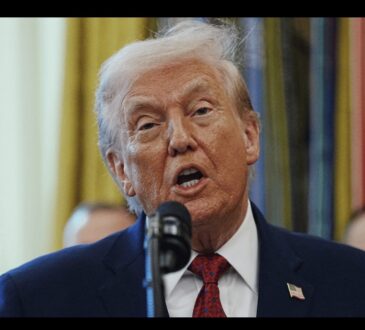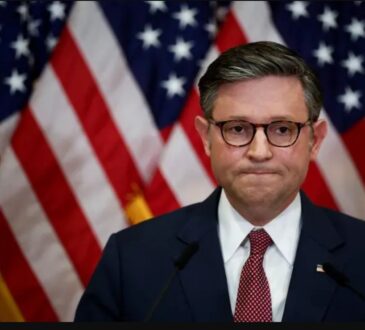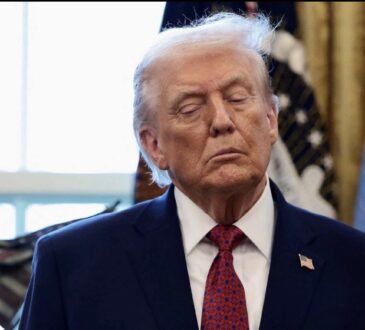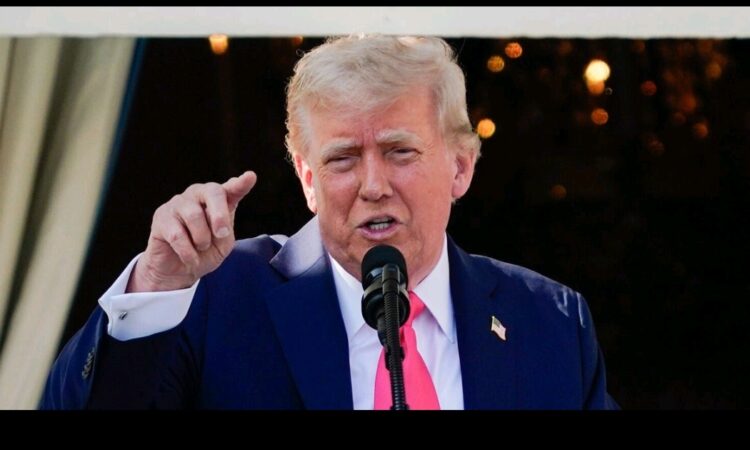
Donald Trump’s chances of winning the 2025 Nobel Peace Prize have taken a hit recently. Just a few weeks ago, he was seen as one of the leading contenders. But after agreeing to send high-end weapons to Ukraine in its fight against Russia, those odds have dropped, according to major betting websites.
Trump has been nominated for the Nobel Peace Prize several times since 2018, but he has never won. Earlier this year, Israeli Prime Minister Benjamin Netanyahu announced he had nominated Trump again. But last month, Oleksandr Merezhko, a Ukrainian lawmaker who had also nominated Trump, withdrew his support. Merezhko told *Newsweek* that he no longer believed Trump was serious about achieving peace between Ukraine and Russia.
Trump responded to the growing criticism on his Truth Social platform, saying that no matter what he does—even if he helps solve conflicts between Russia and Ukraine or Israel and Iran—he won’t be given the Nobel Peace Prize. Still, he said, the opinion of the people matters more to him.
On the betting site Oddspedia, Trump was recently listed as the second-most likely person to win the prize, with a 25 percent chance. But that’s down from almost 28 percent in June, and a recent high after he helped negotiate a ceasefire between Israel and Iran. The current frontrunner is Yulia Navalnaya, a Russian human rights activist and widow of Alexei Navalny, who is listed with a 40 percent chance.
Another betting company, Star Sports, also gave Trump 7/2 odds—about a 22 percent chance—putting him behind Navalnaya but ahead of others like Russian anti-war campaigner Alexei Gorinov and Ukrainian President Volodymyr Zelensky.
Trump has recently taken several steps that contradict the image of a peace-seeking leader. On Monday, during a meeting at the White House with NATO Secretary-General Mark Rutte, Trump announced that the U.S. would send top-quality weapons to Ukraine—but that European countries would pay for them. He also issued a warning to Vladimir Putin, giving the Russian president 50 days to agree to a ceasefire or face steep economic penalties. Trump threatened tariffs of 100 percent on Russian goods and said the U.S. would punish other countries that continue to buy oil from Russia unless progress is made toward peace.
This was a dramatic shift from earlier in July, when Trump’s administration paused military aid to Ukraine. The White House said at the time that the temporary halt was about putting “America’s interests first.” But after backlash, the aid resumed quickly.
Critics say these actions undercut Trump’s image as a peace negotiator and could be the reason why his Nobel Prize odds are slipping. Some argue that sending weapons, even if intended to push for a ceasefire, is still an act of war involvement, not peacebuilding.
Betting expert William Kedjanyi from Star Sports explained that while Netanyahu’s nomination gave Trump a boost, his recent decisions in Ukraine likely hurt his chances. Still, he said Trump is very much in the running, especially if a peace deal actually happens.
The final decision, however, will not be made by betting companies. The Nobel Peace Prize committee in Norway will make their official announcement on October 10. Until then, speculation will continue—especially as Trump remains a polarizing figure in global politics. Some view him as a bold negotiator, while others believe his actions only worsen conflict.
No matter the outcome, the conversation around Trump’s candidacy highlights how controversial and politicized the Nobel Peace Prize can become, especially when the nominee is a sitting U.S. president with such a divided global reputation.

